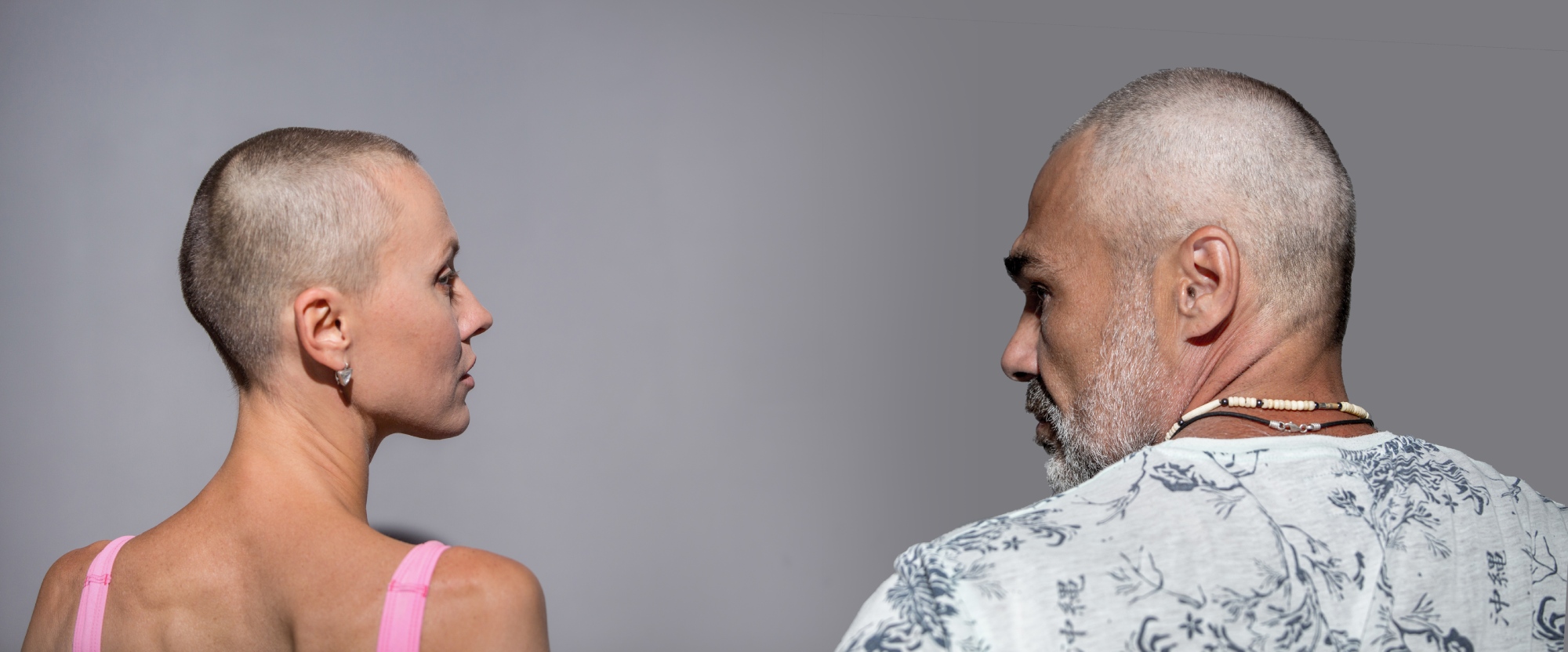Cancer changes many things, but it doesn’t have to extinguish intimacy. Whether you’re in treatment, recovering, or supporting a partner through it, maintaining a connection—both emotional and physical—is still possible. At 2Cancer.com, we understand how important it is to feel seen, wanted, and loved throughout this journey.
This article explores ways to embrace intimacy, adjust to physical changes, and reignite passion—all while keeping the conversation open, the love strong, and the experience enjoyable.
The Emotional Side: When You Don’t Feel Like “You” Anymore
A cancer diagnosis can shake your confidence, especially when your body changes due to treatment. Hair loss, scars, weight fluctuations, and fatigue may affect self-esteem, making intimacy feel distant.
But here’s the truth: intimacy is more than just physical. It’s connection, trust, and shared moments that remind you who you are outside of cancer.
- Communicate openly – Your partner likely wants to support you but may not know how. Be honest about what feels good and what doesn’t.
- Redefine intimacy – It’s not just about sex. Touch, laughter, massages, and deep conversation are all ways to maintain closeness.
- Embrace self-love – How you see yourself impacts your intimate life. Focus on what makes you feel attractive and strong.
When Your Body Says, “Not Tonight… But Maybe Tomorrow”
Cancer treatment can affect libido, arousal, and even physical comfort. Some adjustments can make all the difference:
For everyone:
- Go slow – Be patient with your body and find what feels good right now.
- Use lubrication – Some treatments cause dryness, making a good water-based lube your new best friend.
- Shift focus – Cuddling, kissing, and emotional intimacy can be just as fulfilling as sex itself.
For men:
- Erectile dysfunction? You’re not alone. Treatments like prostate surgery or chemo can impact erections, but solutions exist, including medications, pumps, and therapy.
- Testosterone drops can lower libido – This can be temporary, so focus on connection and pleasure beyond penetration.
- Surgical recovery? – Follow your doctor’s guidance on safe timelines for sex and explore new ways of intimacy in the meantime.
For women:
- Hormonal changes? – Chemo, radiation, and surgery can cause vaginal dryness or sensitivity. Lubricants and vaginal moisturizers can help restore comfort.
- Struggling with body image? – Your partner likely adores you just as you are. Confidence starts from within—own your beauty, scars and all.
- Low energy? – Fatigue is real. Instead of pressuring yourself, focus on small, intimate moments that still make you feel loved.
Precautions: Play It Smart & Safe
Since some cancer treatments weaken the immune system, extra precautions can keep intimacy safe and stress-free:
Use protection – Your body is more vulnerable to infections during treatment.
Ask your doctor about safety – If you’ve had surgery, chemotherapy, or radiation, get the green light before resuming sex.
Listen to your body – If something doesn’t feel right, pause and adjust.
Reconnecting After Treatment: The Comeback Is Real
Here’s the best news—for most people, desire and function return after treatment! Sometimes, it even deepens intimacy in new ways. Cancer teaches you to slow down, appreciate each moment, and value true connection.
You are still desirable.
Passion is still possible.
And cancer doesn’t get to steal your fire.
At 2Cancer.com, we’re here to support you—physically, emotionally, and intimately—through every stage of the journey. For more resources, tips, and support, visit our blog today. Now go forth and flirt like you mean it.

